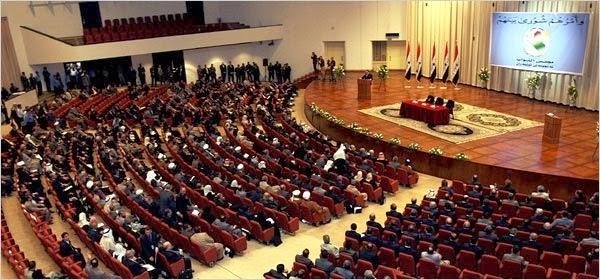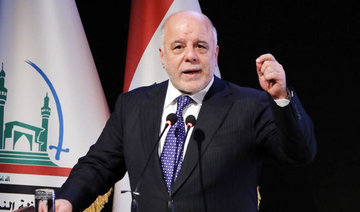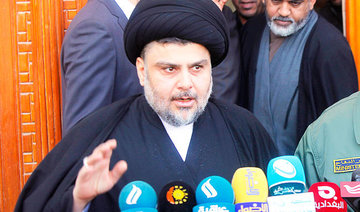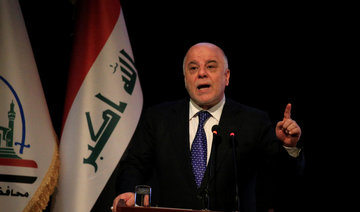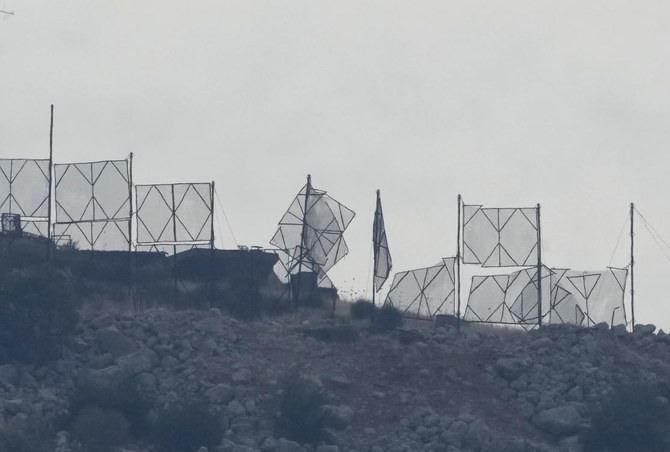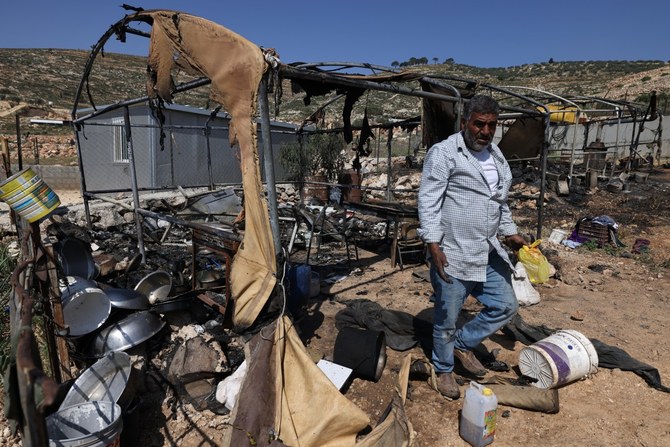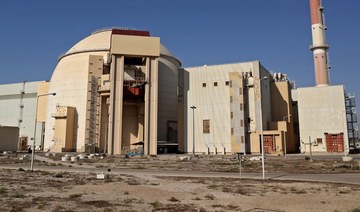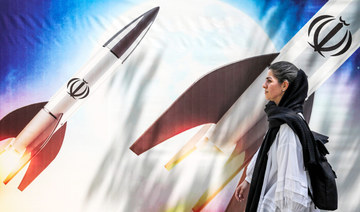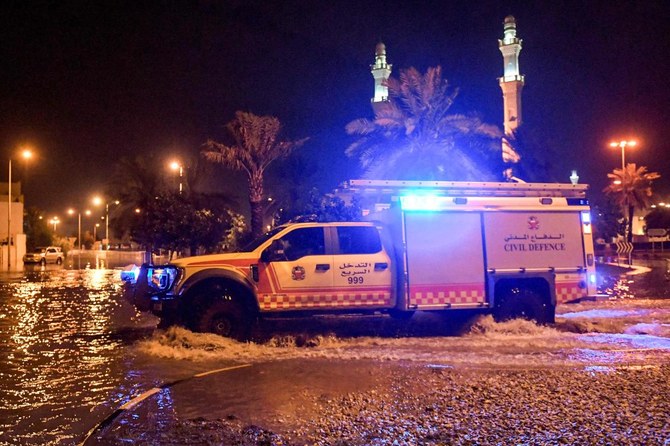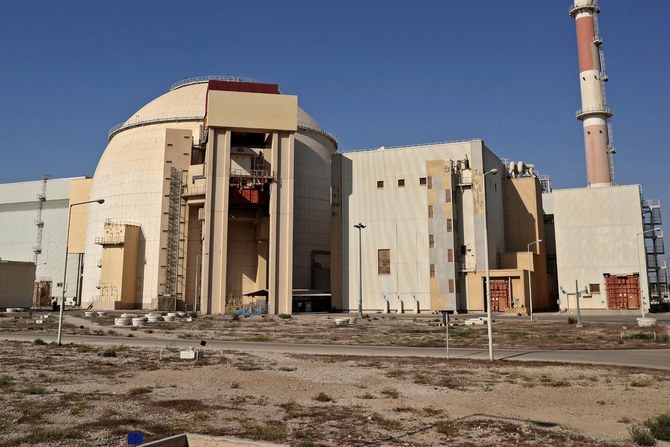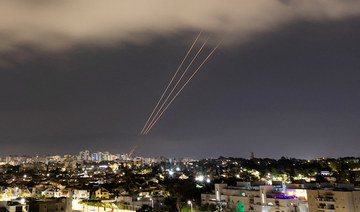BAGHDAD: Iraq’s Parliament failed on Thursday to back the request of Sunni and Kurdish parliamentary blocs to postpone the parliamentary and provincial elections, which are scheduled to be held in May, for six months.
The holding of the elections every four years is a constitutional entitlement that cannot be revoked or changed, and must be scheduled 45 days before the end of the legislative term.
The extension of the legislative period is important for most Sunni MPs who have lost influence in their regions to political and tribal figures who fought Daesh alongside the government under the umbrella of the Shiite-dominated paramilitary troops.
Kurdish blocs supported the demand to delay the election as they have lost control over the disputed areas since October after Baghdad launched a huge military campaign to drive back Kurdish forces.
Both sides have said that most of the Sunni areas are not eligible to participate in the elections due to the massive destruction caused by the insurgents and military operations launched by the Iraqi government to liberate areas seized by Daesh for almost three years, and the presence of millions of displaced people outside their areas.
The Union of Forces, which consists of most of the prominent Sunni parliamentary blocs, on Wednesday filed a formal request to Parliament to delay the elections for no less than a year “to work to create conditions in the cities devastated by the war on Daesh, reconstruct them and bring back the displaced people to their homes,” or “postpone the elections in the provinces seized by Daesh.”
Parliament on Thursday held a session to discuss the request in the presence of 260 of 325 lawmakers. In an attempt to free lawmakers from the domination of their blocs, Salim Al-Jabouri, the speaker and one of the biggest supporters of the postponement of elections, proposed to vote secretly on one option — a “yes or no for the secret vote on the postponement of elections.”
All the signs coming from inside Thursday’s session indicated that Al-Jubouri was about to succeed in postponing the election with the backing of more than 140 MPs who voted for the secret ballot, but the intervention of the heads of the Shiite blocs who called in their deputies to withdraw from the session to break the quorum, had blocked him.
“The number of attendees in the session was a big surprise for us. The stand of most Kurds and Sunnis (lawmakers) is known to us and we had no problem with this,” a senior Shiite lawmaker told Arab News on condition of anonymity.
“The problem was with some Shiite lawmakers and our Sunni and Kurdish allies who publicly say something and secretly do something else.
“Salim (Al-Joubori) was trying to give those (the opponents) a chance to vote secretly to delay the election,” he said.
According to the Iraqi constitution, the Cabinet in coordination with the Higher Electoral Commission is the only body authorized to determine the date of an election and the readiness to hold it.
“Even if Parliament voted in favor of delaying the elections, everyone can challenge this decision and veto it,” Arez Abdullah, the head of parliamentary bloc of the Patriotic Union of Kurdistan, told Arab News.
“The federal court will simply overturn Parliament’s decision. Whoever asks to delay the election must submit constitutional arguments that convince the federal court to face the veto,” Abdullah said.
The UN and the US have expressed their support for holding the elections planned by the Iraqi government on time.
“Postponing the elections would set a dangerous precedent, undermining the constitution and damaging Iraq’s long-term democratic development,” the US embassy said in a statement on Thursday.
Iraqi Prime Minister Haider Abadi, who as head of the Cabinet has the exclusive authority to delay the election, has been repeating that the government is ready to hold the election on its scheduled date of May 12.
“The election will be held as it was scheduled, (and) all the political rallying is meant to affect the election results,” Abadi told reporters on Tuesday.
“We are doing everything we can to guarantee the return of internally displaced people to their homes and have established a plan to meet that commitment.
“This will be achieved without any kind of pressure or coercion,” Abadi said.


